When I bowl, you can’t tell if I’m bowling great or if I’m struggling. I could have just bowled 130 or 260 and you wouldn’t know by looking at me. I’m fairly unwavering on the lane that way. I mean, most of the time.
Off the lanes. I’m probably the most heart-centered person you’ll ever meet. When I feel, I feel deeply. The good. And, the bad. So let’s just say, it wasn’t always easy for me to shut off those emotions on the lanes. It took me a long time to learn that skill.
Being an athlete in any sport, you’re riding a roller coaster from one tournament to the next. You’re not always going to win and you’re not always going to lose. Those highs and lows are always there, no matter how good you get. Experiencing all of those peaks and valleys is definitely the hardest thing about being an athlete. After experiencing enough of the really high highs combined with the very low lows, you realize the strongest way through this sport is to find a focus that keeps you from being so affected by that ride.
For me, that means removing my emotions from the situation. And I also think it’s why I now have one of the strongest mental games. I’m not emotionally invested in what I’m doing. I think that’s the biggest mistake that most bowlers make. They become emotionally invested.
Instead, I’m focused on the process and I’m also focused on processing my game like a computer. Instead of feeling my game, like a living human with a heart and feelings. I just process it. Over the years, I’ve become really good at processing what’s happening on the lane in this way. And I think that is key.
I still want the wins just as much as anybody else out there. And when I win, like at the Luci Doubles, you’ve seen how excited I can get after I realize I’ve won. I’m passionate about the game. It’s just that I simply, objectively and unemotionally process everything in my game as it is happening. I don’t look up at the scoreboard. I focus on the process, play what’s directly in front of me, and I turn off those emotions. Kind of like a robot.
At the last EYT, there was a girl who was really distraught after the tournament. Her dad came up to me afterward and asked me if I could speak to her for a couple of minutes. I had never had a conversation with her before but when I found her to speak with her, I could see how emotional she was about how she had bowled. I started by asking her a series of questions. What went well? What could have been better? I asked her why she felt the way that she did. Her answer was a typical one. She said that she had high expectations of herself and didn’t meet them.
The advice I gave her is advice I give to anyone I coach, on the lanes or through Beyond the Lanes. I told her to start actively tracking her practice and tournament progress. I explained how that helps you stay objective. Whether it’s tracking the lane patterns, your score, or what ball you’re using – you can write it all down while it’s happening. I encouraged her to dump everything onto paper. Doing that helps you take your emotions out of your game. You automatically start processing the information as you write it down. It’s also a way of letting go of what happened.
I call it going into “robot mode.” You’re more of a processor, like a computer. You can look at what is happening as “data” and from that space, you can breathe easier. I think, okay, I’m going to download this information, process it, and then use that information to move on to the next shot. This approach allows me to literally process the information on the page and move on. It’s easy to become more objective about what is happening when it becomes numbers and information on a page. Whatever happens, it’s all just data.
When you throw a shot, ask yourself: What happened there? What were the conditions? What was the result? Then write it all down.
At the EYT, I really encouraged my new EYT friend to get a bowling journal as well. I explained that she didn’t have to show anyone this journal. It can be just for her. For her thoughts as she processes her journey on the lanes. I reminded her about how important it is to trust the process too whether you’re in the midst of bowling good or bowling bad. Journals really help you “process the process.” Journals have always been a go-to strategy for me when it comes to trusting the journey and staying objective in my game. In fact, I told her journals are perfect for recording answers to these questions: What are you working on physically in your game? How are you doing in practice? How are you practicing? Do you have a focus in your practice? You can put all of that on paper as a way to process the journey and to get your thoughts out of your head so that the emotions around them don’t consume you.
Emotions in any game can be so intense. Those emotions can make you feel frustrated, sad, or depressed. When you don’t have an outlet for those emotions, or a way to distance yourself from them, your experience of those emotions becomes the entire game experience for you. Sometimes, those emotions are what make people quit. Especially kids. They take it all so personally. But it doesn’t have to be personal.
You get to choose. You can choose not to take it personally. You can learn to separate your emotions from your game, to keep them from getting the best of you. You just need to become emotionally unavailable on the lanes.
After the EYT, the girl’s dad reached out to me through Instagram to thank me for helping his daughter. She was feeling a lot better about her game already and had already picked up a cute journal at the store that night. She was excited to begin using it to track and process her games, just like I had told her to do.
As I reflect on the highs and the lows in my career, I can understand how any bowler can get emotional. I still get chills thinking about some of my emotional moments in the game. The journey through them got me to where I am today. It’s how I’ve learned to equip myself with tools to process the rollercoaster journey. And for years, my bowling journal has kept me strong and objective.
Through all the good and all the bad, my journal is always by my side. And inside of it, are the secrets to a lifetime of beautiful bowling moments. The good and the bad.


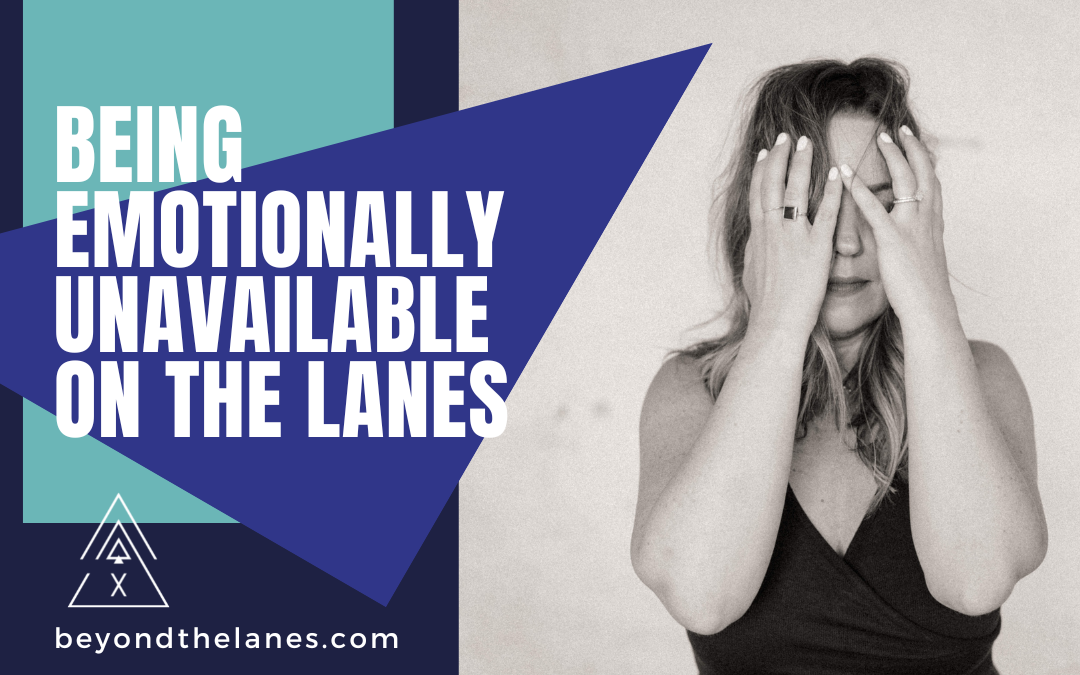


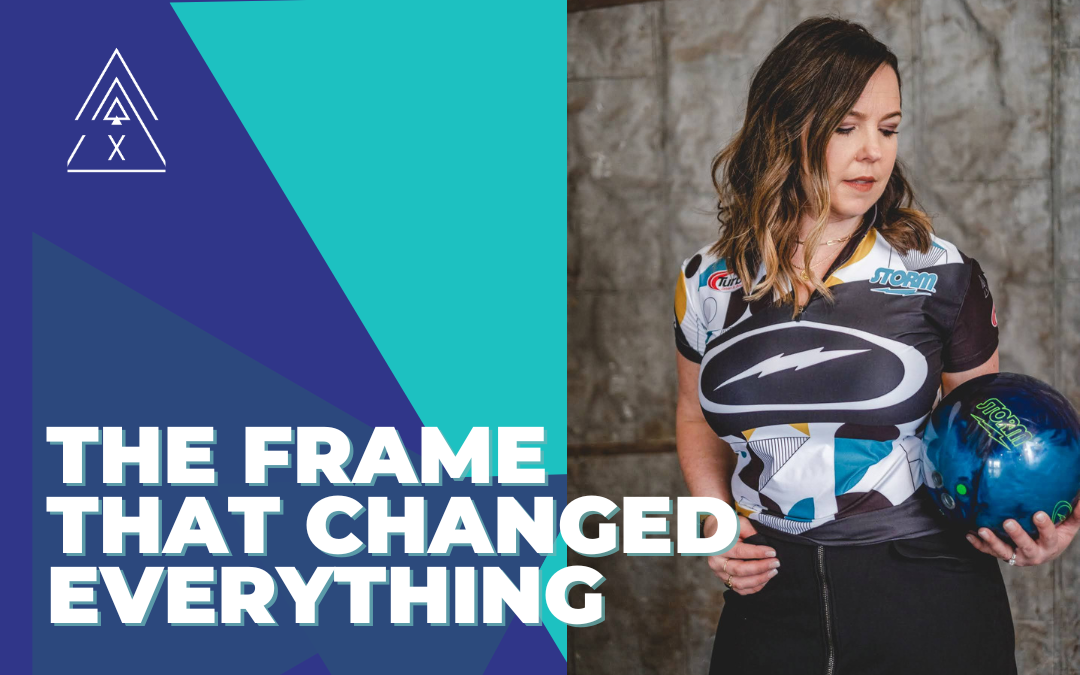
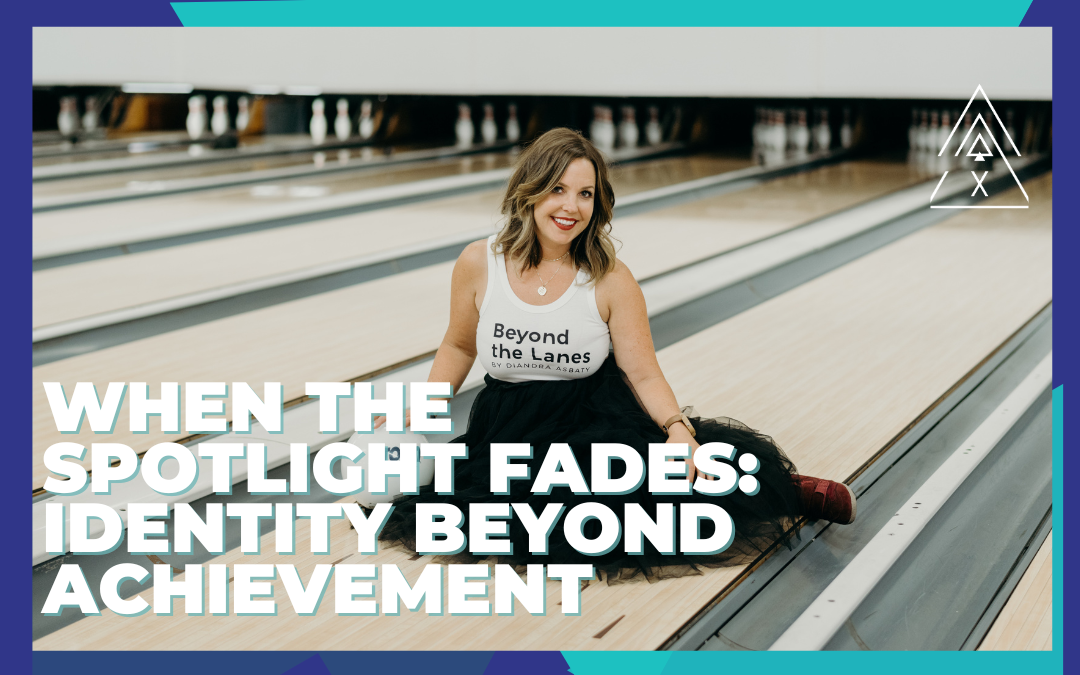
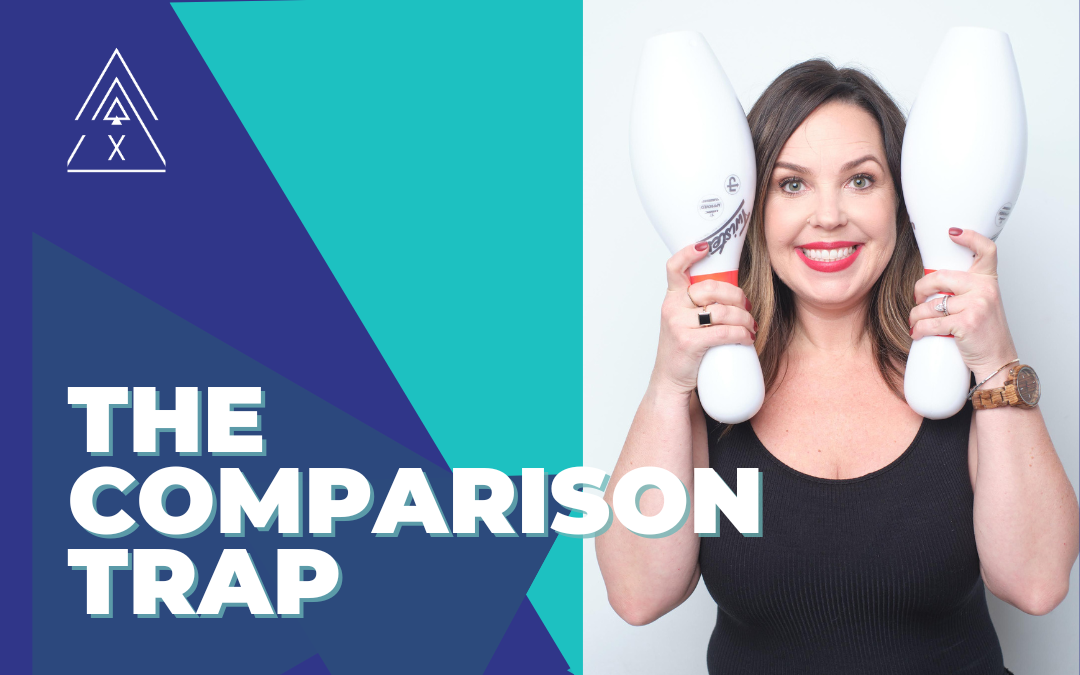
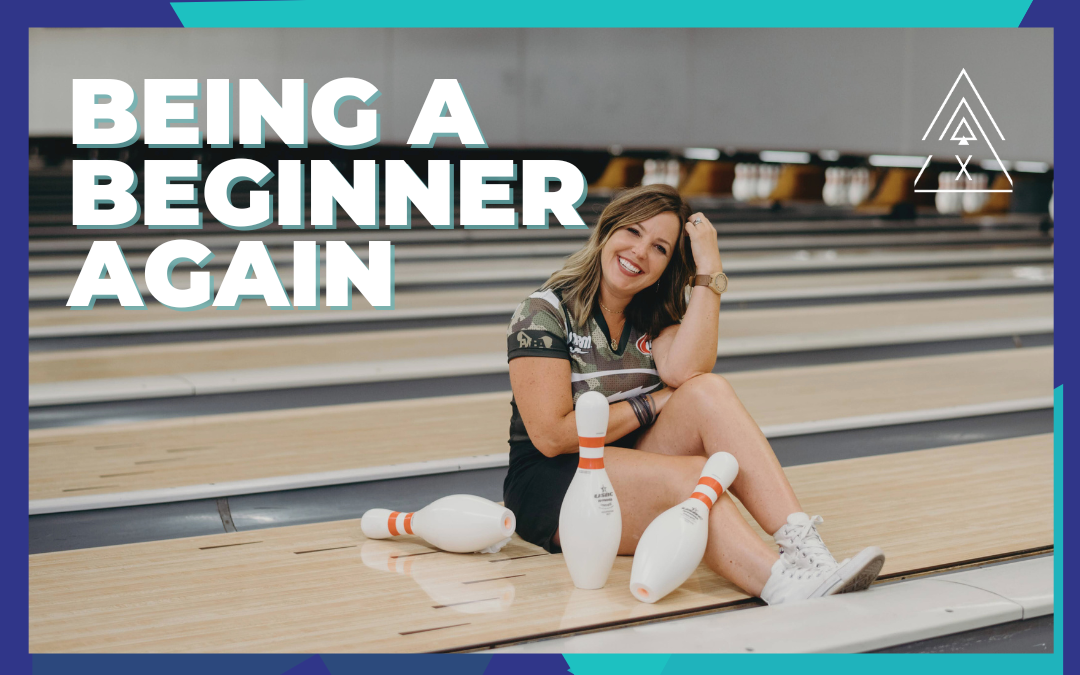
Thank you Diandra, I needed this. I get wwwaaaayyy too emotional on each shot. I need to focus on processing what happened and adjust on the next shot.
This is a great article. I will use your techniques to help me we track progress objectively.
Wonderful, Michael! All the best!
diandra
Glad you appreciated the reminder to be more objective!
You would make an incredible social worker. Mic dropped!
Thanks so much!